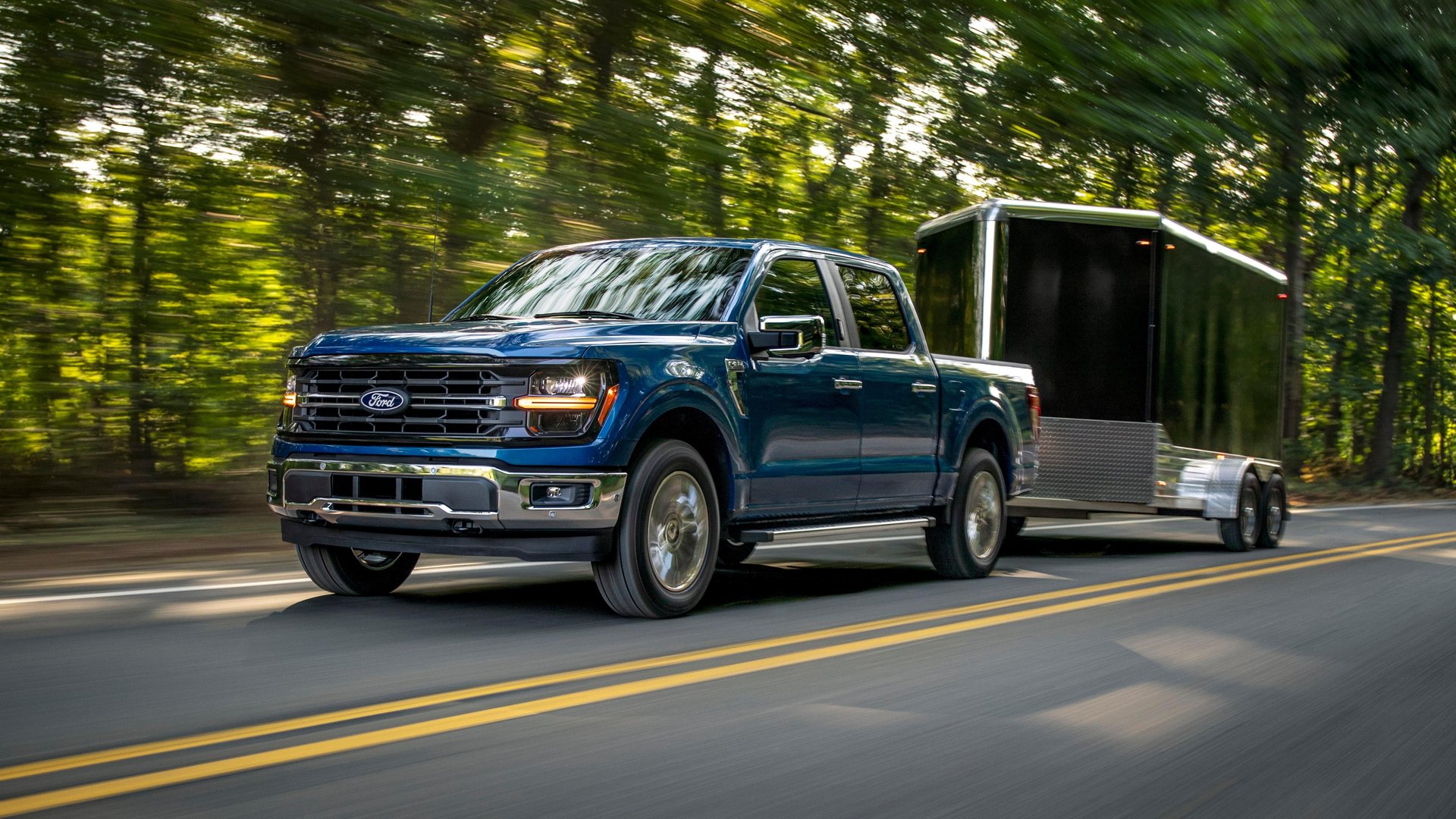Ford wants to protect drivers from becoming drug traffickers by accident
A new patent is for a cargo detection device that would help drivers not become “blind mules” for drugs

Car technology seems to get better by the year. From hands-free driving tech to in-car entertainment, we’re spoiled. While not everyone may use the technology that’s available to them, much of it is helpful if you need it. Ford’s latest patent can help with something you’ll probably never have to deal with, except as an AI-generated hypothetical situation on your uncle’s Facebook feed.
Suggested Reading
First spotted by Motor1, Ford patented a new cargo detection technology in late 2023 that will prevent drivers from becoming a “blind mule,” a term used to describe a person who unknowingly traffics drugs into another country.
Related Content
A new Ford patent, filed in March 2023 and published September 19, describes an “unknown cargo detection and evidence collection system” designed to prevent vehicle owners from becoming a “blind mule” for drug traffickers. Blind mules are people caught crossing the border with drugs they did not know about, and it is a common scheme for traffickers looking to get contraband into the United States without risking their freedom.
The system would use a combination of sensors and cameras to monitor and check things like the vehicle’s weight or someone suspiciously standing too close. If anything unusual is detected, the system would record the data and the vehicle surroundings for potential evidence.
Is tech like this actually needed, though? It’s hard to tell. A report from inewsource talks about various instances of innocent people being used to blindly traffic drugs, but there are no hard numbers. The government seems to be OK in assuming that most people who get caught smuggling knew what they were getting into, as a recent Supreme Court ruling shows. With fentanyl trafficking up nearly 1000 percent since 2017, Ford’s patent may prove useful if the automaker decides to put it into vehicles in the future.
